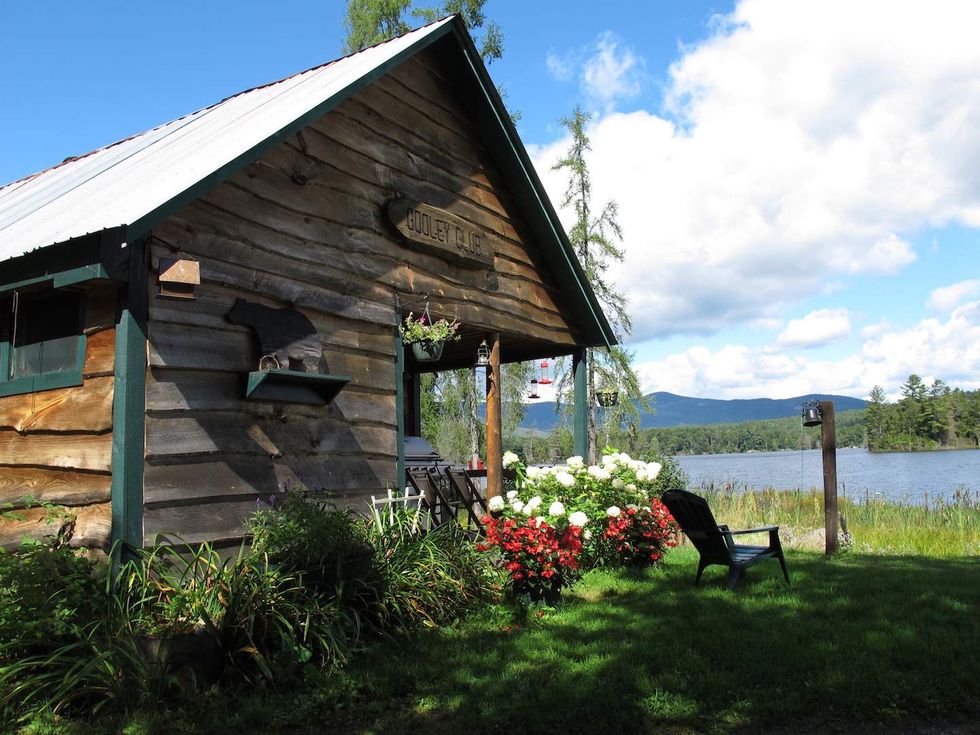
The Supreme Court will hear oral arguments next month in the case of Murr v. Wisconsin, a property rights case stemming back 12 years. And nine other states are watching. (The Associated Press)

A Wisconsin family had no idea that when they decided to sell a small piece of land in 2004 that they would find themselves battling the federal government more than a decade later over the right to sell their own property.
Next month, the Supreme Court will hear oral arguments in the case of Murr v. Wisconsin, a property rights case stemming back 12 years. Donna Murr and her family say they were told by St. Croix County and the state Department of Natural Resources in 2004 that they were not allowed to sell a 1.25 acre piece of land sitting along the St. Croix River. The property sits next to another piece of 1.25 acre property that the family owns and plans to keep.
The issue?
State officials told the family that the land was not large enough to satisfy regulations regarding the distance between waterways and buildings, according to Reason.
But the Murrs had nothing built on the vacant piece of land, they argued, so how could the government prevent them from selling the land? They were told that because the neighboring lot had a cabin built on it, they would not be allowed to sell the first piece of land without tearing down the building on the second piece of land.
Though the two parcels of land are adjacent, they are separate as evidenced by the separate property taxes the Murr family has paid on them every year since the 1960s, when the family bought the property as an investment. But a state law passed in 1975 allows the county and the state to combine the two separate pieces of land for regulatory purposes if they have a common owner.
"We aren't going to be allowed to sell the second parcel, unless we tear down the cabin next door. We were stunned," Murr told Reason in a conference call Tuesday. "We couldn't believe that the government would happily take our property tax dollars for 50 years, and then deny us the basic property rights here."
The Murrs thought they had come up with a fair compromise and asked the county to purchase the land since they wouldn't allow the family to sell to anyone else. Despite the property receiving an appraisal of $400,000, the county offered them only $40,000. However, the Murrs have paid more than $78,000 in property taxes on the piece of land over the years.
The Murr family's law firm, the Pacific Legal Foundation, argues that the Fifth Amendment requires the government to offer fair compensation when land is taken for public use. The county said the family doesn't use the two pieces of land separately, but treats them as one property, using the vacant lot as a parking area and camping area.
Nine other states are watching the state of Wisconsin as they take the issue to the Supreme Court to argue that the two adjoining pieces of land should be viewed as one property. The state seeks clarification for the convoluted Fifth Amendment issue surrounding which circumstances the government is required to provide just compensation for the private property it acquires due to government regulations.
Nevada, for instance, has filed its own amicus brief with the Supreme Court, asserting that if Wisconsin's interpretation of the law is deemed correct, it would give other states little motivation to pay heed to property owners at all.
"If regulators do not have to pay compensation to affected property owners in cases where the latter happen to possess contiguous lots, they will often have little incentive to fully consider the costs and benefits of proposed regulations, and prioritize those with the greatest likely beneficial impact," Nevada argued in its brief. "Aggregating contiguous parcels under common ownership into a single super-parcel will undermine traditional notions of property rights, have deleterious economic consequences, and encourage the undisciplined regulation of individuals' and states' property."
As Wisconsin gears up for the fight, eight other states have joined Nevada's brief arguing in defense of the Murr family's position. Whatever the Supreme Court's decision may be, it will undoubtedly have far-reaching effects on the erosion of property rights currently plaguing the nation.